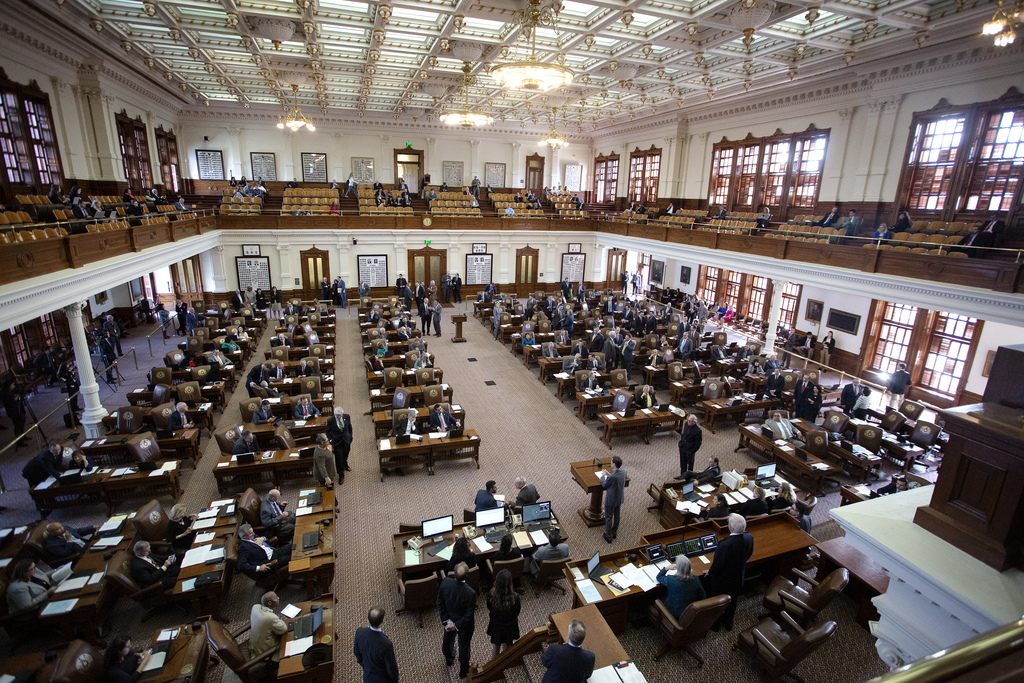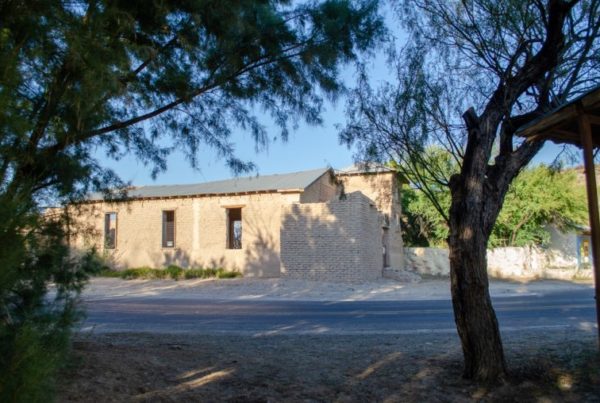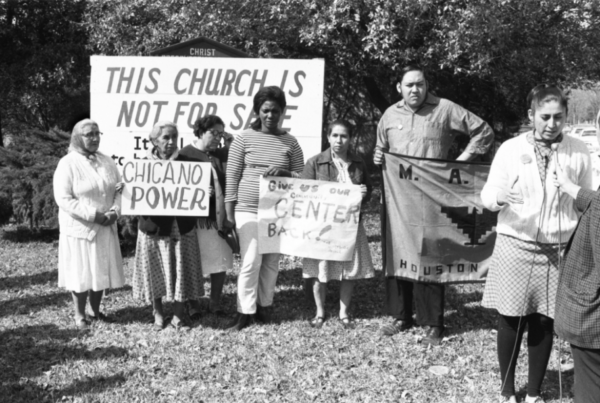The pandemic’s toll on the nation’s health care system could be the perfect reason for Texas to reconsider expanding Medicaid coverage to include low income adults.
Economist Ray Perryman, president and CEO of The Perryman Group in Waco, points out that until now, Texas has been among 12 states that have steadfastly refused to expand Medicaid. The medical coverage for low-income residents is 90% funded by federal tax dollars. If Texas did expand coverage, it would bring billions of dollars into the state and about a million people could be insured
“In the middle of this pandemic, so many people [are] losing health coverage, it’s just a really bad time to have billions of dollars sitting there for the taking and just walk away from it,” Perryman said.
And those extra dollars could help stimulate businesses here in the Lone Star State, he said.
“Basically what you find is a couple of things. Number one, billions of dollars in health spending that wouldn’t occur otherwise,” he said. “And Texans don’t pay any more taxes to get those dollars. And so that in and of itself generates a stimulus.”
Then there’s the secondary, more long-term benefit of having healthier people in your state, he added. Healthier people means they are more productive, miss fewer days of work and are more likely to be employed. And more employable adults, means more tax revenue for the state.
“it’s very good for business. It’s a net gain for the taxpayer,” Perryman said.
But for years, Medicaid expansion has been opposed by Republicans in Texas. Perryman expects the topic to surface during this next legislative session but sees it as a longshot when it comes to being passed.
“It’s really something if you just forget about the politics and look at the numbers, whether you’re a liberal who wants to give people more health care, or a conservative who wants to save the state tax dollars, you should be for this,” Perryman said.












